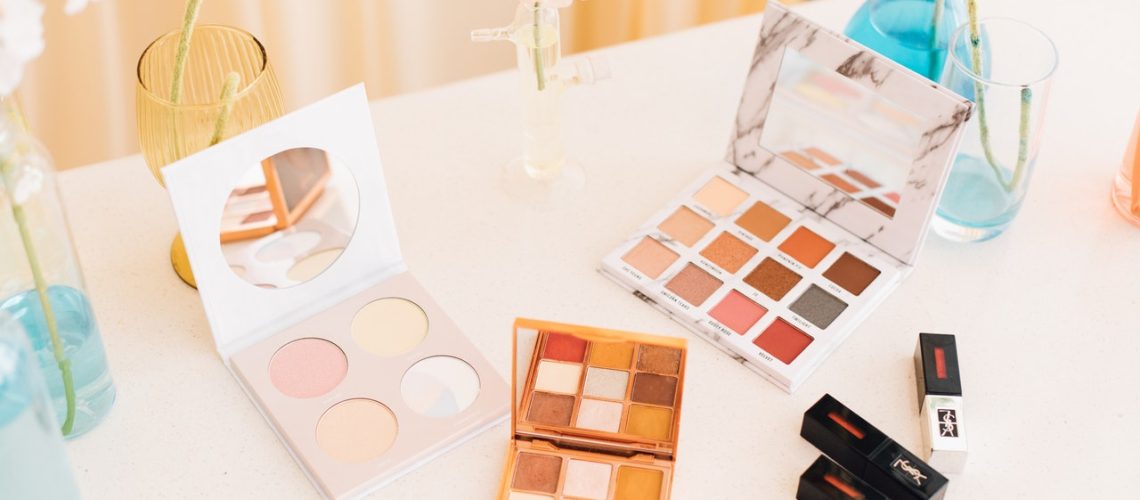While one can say that every part of a business contributes to the greater whole, when it comes to perfumes and cosmetics, the secret to success lies in product development. After all, you’re going to need products you can bring to market. However, product development is incredibly time and resource-intensive. You’ll also need skilled personnel to create new formulations. Eventually, you’ll end up with a new product that your consumers will love.
You probably started your business based on a single idea: to make people feel better about themselves. But how does one turn a general statement into a viable business? Perfumes and cosmetics can do wonders for a person’s self-esteem, but to effect change, you’ll need something to sell to people. That’s where product development comes in. You create a product, test it, wrap it in beautiful packaging, and bring it to market.
It sounds simple, but the product development process is often riddled with errors and mistakes. You will have more failures than successes. You can’t just contact fragrance oil suppliers and call it a day. Here are a few tips that will help you improve the process.
1. Make the most of consumer testing
The development team should be kept separate from the testing team. Otherwise, you’d have no way of knowing a product’s flaws. All too often, developers cannot identify a product’s shortcomings. They know the product inside and out and lack the emotional distance to form an impartial opinion. If you need valuable feedback for a product, a fresh set of eyes should give you a new perspective.
A product may sound good on paper, but its long-term prospects can only be ascertained once you start receiving feedback from the people who will use it. However, assembling a consumer panel may prove too costly for small businesses. Instead, you ask for honest feedback from colleagues, friends, or even family. Just make sure that your relationship with them won’t influence their opinions.
2. Don’t skip prototyping
A product released to market has undergone many changes throughout the product development process. The first iteration could look a lot different from the final output. This process is called prototyping. Prototyping ensures that you end up with the best possible version of your product. If you skip prototyping, you could have an ineffective or even dangerous product on your hands.
All the tests and changes often translate to a longer development process. But you’ll save more money if any refinements to the product are done early on. Late changes to the formulation could result in costly retrofitting to manufacturing equipment. Any major changes and testing should be done in the early stages. Do not commit to a version until you’re sure it has been vetted for safe market use.

3. Don’t forget about the marketing
Businesses churn out new products every day. However, only a few achieve market success. No matter how good it is, your product can end up becoming a disappointment if you fail to plan for marketing. Without a proper marketing strategy, nobody is going to buy your products. Cosmetics and perfumes are trust-driven purchases. Even if you have an established brand, if you can’t make people trust the product, it’s dead in the water.
Work with your marketing team to create a marketing strategy that fits your product. Let’s say you want to sell a new lipstick. You can create a narrative around its name, shade, and brand. Next, the product narrative will help shape the target persona.
4. Have a post-market surveillance system
Just because the product has been released doesn’t mean your job is over. You still need to do post-market surveillance. Monitor your customers and ask for their feedback. Improvement is a never-ending process, and the best way to make better products is to talk to your consumers. You also need to use this time to check for any adverse reactions to your product.
Positive feedback means a product is a success. If you get mixed or negative reviews, use that information to improve the product’s next iteration. You also may need to issue a product recall if the product is found to be unsafe for human use.
The bottom line
These four tips will help you develop better perfumes and cosmetics. The product development process is expensive and time-consuming, but if you listen to your consumers and test often, you could end up with a major hit.

